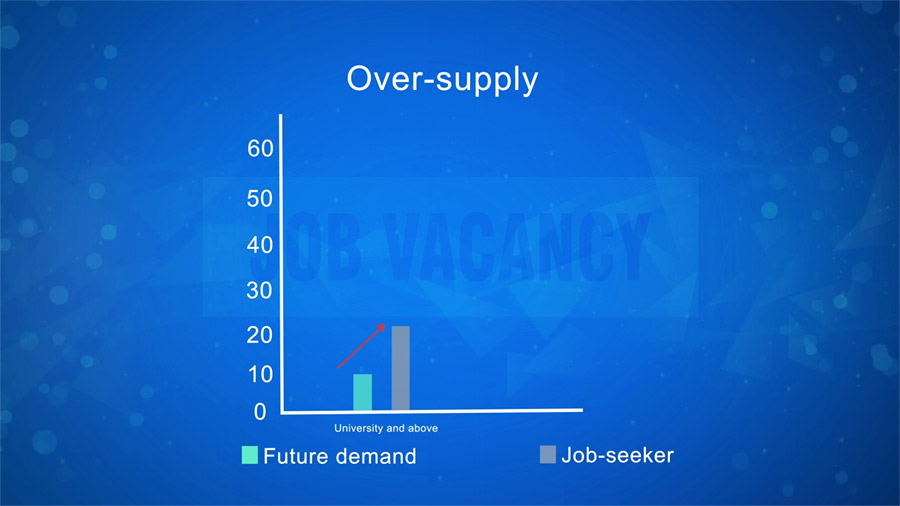
The World Bank in its latest Bhutan Development Update states that in Bhutan job seekers do not have the skills employers are looking for. This skills gap is growing and could cause issues in the job market in the coming years. Misalignment in educational qualifications and technical ability of job seekers are some of the issues highlighted.

The report indicates that over the next two years, about 30 per cent of firms in the country are expected to announce job vacancies, mostly in service and sales roles.
According to the Bhutan Labour Market Assessment report, these positions are usually characterised by low levels of education and specific technical skills at the certificate level.
Analysis from the report shows that there is a shortage of job seekers with lower levels of education and those with technical skills.
For roles in services and sales, for instance, the expected demand for workers with no formal education comes to around 23 per cent, with an additional 18 per cent requiring only primary education, totalling 41 per cent of the overall demand.
While there is a clear shortage of job seekers for positions requiring basic education levels and technical skills, there is an excess of candidates for roles requiring secondary education or higher, including university-level qualifications.
To make matters worse, the report states that a large segment of the working-age population, notably women, who possess limited educational qualifications, remain inactive in the labour force by engaging in household activities.
In response to this challenge, the World Bank suggests a re-evaluation of policies to enhance the appeal and accessibility of available low-skilled positions.
The report suggests focusing on engaging unemployed and inactive individuals, especially women in urban areas. Moreover, the report calls for more job opportunities for the increasing number of young university graduates.
Karma Samten Wangda
Edited by Kipchu








